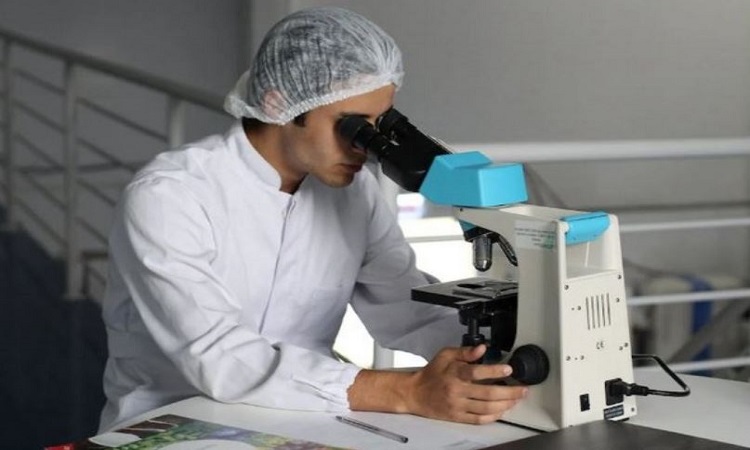
England: Scientists have discovered an unexpected impact of some antibiotics on some bacteria: the medications occasionally help bacteria by extending their life.
Since it has long been known that antibiotics either kill bacteria or stop them from multiplying, they are frequently used as a general treatment for bacterial illnesses. Since some medications are no longer effective due to the rise in antibiotic resistance, by 2050, untreatable infections may be the leading cause of death worldwide.
Now, researchers at the University of Exeter have shown for the first time that antibiotics can actually benefit bacteria and protect them from death. In research funded by EPSRC and published today in PNAS, the team found that certain antibiotics can alleviate stress and help prevent the decline of bacterial populations when they are dying out. This means more bacteria survive for longer compared to untreated populations.
Professor Robert Beardmore, lead author from the University of Exeter, said “The study began when we realised that surprisingly, some bacterial strains didn’t grow in the lab until we treated them with antibiotics. As a result, this is the first evidence that antibiotics can promote bacterial survival. To tackle antibiotic resistance worldwide, we need to understand far more about the impact of these drugs on the balance of bacterial ecosystems, like those in the gut microflora, or in rivers that are exposed to antibiotics.
Our research is evidence of unseen side effects – we just don’t know how drugs are changing the balance of bacterial populations in those contexts.”
In real-world environments, bacteria undergo periods of rapid growth, punctuated by periods where growth stops because nutrients are scarce, so the bacteria die off. So far, little has been understood about how antibiotics mediate populations during those periods.
The researchers examined E.coli in lab experiments. They found that antibiotics targeting ribosomes – factories that help cells make protein from DNA – slowed bacteria down when they were growing but also stopped them from dying, meaning the bacteria survived for longer overall.
Dr Emily Wood said, “Many antibiotics slow the growth of bacteria, but we show that can help bacteria overcome stresses caused by a lack of nutrients that might otherwise kill them off, ultimately helping them to survive. In our experiments, this comes about because the antibiotics are antioxidants, meaning they help cells deal with some of the waste products they make as they grow.
Importantly, the antibiotic-resistant bacteria we tested didn’t get the same benefits so in our study, treatment does not promote resistance, which is unusual. Our next step will be to measure how these findings alter the dynamics of multi-species bacterial communities.” (ANI)







